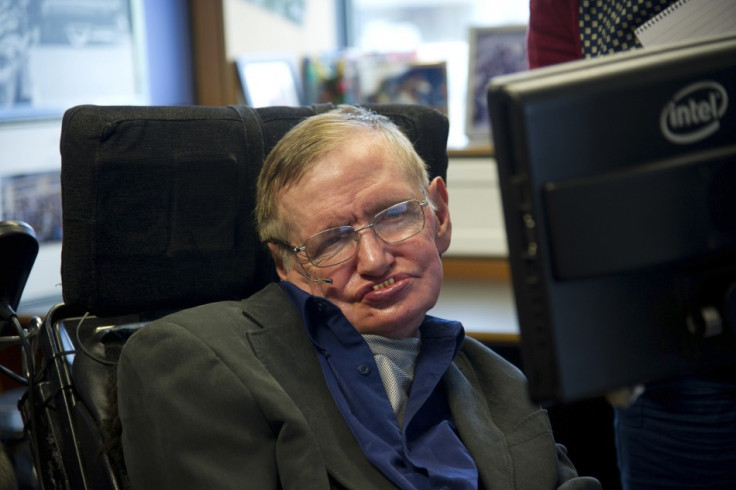Stephen Hawking: 'Artificial intelligence could spell the end of the human race'

Normally when you hear someone predict that artificial intelligence will spell the end of the human race, you take it with a pinch of salt - but when that person is world-renowned theoretical physicist Stephen Hawking, you may want to pay attention.
Speaking in London following the launch of a "life changing" upgrade to his communication system, Hawking was asked about developments being made in the area of artificial intelligence by the BBC. He replied:
The primitive forms of artificial intelligence we already have, have proved very useful. But I think the development of full artificial intelligence could spell the end of the human race.
Hawking fears echo those seen in the Terminator films where machine become "self-aware" and turn on their human creators, with the Cambridge professor worrying that an artificially intelligent machine could surpass humans:
"It would take off on its own, and re-design itself at an ever increasing rate. Humans, who are limited by slow biological evolution, couldn't compete, and would be superseded."
Hawking's comments echo almost exactly the sentiments espoused by Elon Musk, wunderkind billionaire CEO of technology companies Tesla and SpaceX.
In October, Musk said: "I don't think anyone realises how quickly artificial intelligence is advancing, particularly if [the machine is] involved in recursive self-improvement. And its utility function is something that's detrimental to humanity, then it will have a very bad effect."
Musk followed up these comments later in October saying that dabbling in the development of artificial intelligence was akin to "summoning the devil" and could be humanity's "biggest existential threat".
In August, Musk declared that AI is "potentially more dangerous than nukes."
Hawking was talking in London at the launch of a major update to his communications system which has doubled the speed at which he can speak and significantly increase the speed at which he can navigate his system.
"The Intel team and I have been working together for almost three years on upgrading my communication system. My old system is more than 20 years old and I was finding it very difficult to communicate effectively and to do the things I love to do," Hawking said.
© Copyright IBTimes 2024. All rights reserved.






